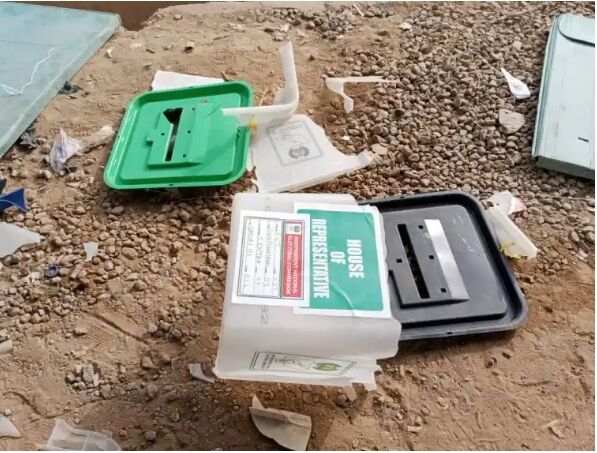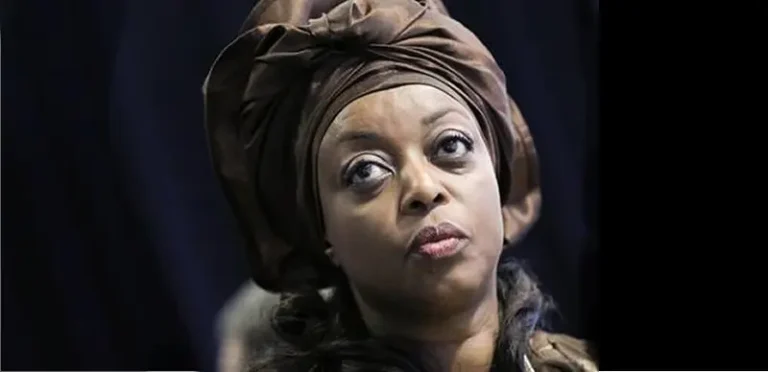
The Centre for Democracy and Development (CDD) says the Presidential and National Assembly elections conducted by the Independent National Electoral Commission (INEC) has several irregularities.
The center was reacting following data received from its 4,900 field observers deployed across the country to monitor the election proceedings.
According to the group, some of the incidents that undermined the election process includes; operational issues, poor communication by INEC, violence, voter intimidation and vote buying.
The center, which made the observation in its post-election report, signed by the Director, Idayat Hassan, on Tuesday in Abuja, warned that on the basis of the irregularities, which characterised the process, there could be a wave of litigations after the declaration of the results.
The report reads, “Nigeria is likely to see another wave of electoral litigation in its courts that will likely reverse some electoral outcomes and perhaps even impact on governance in the short-term.”
While commending INEC for not postponing the election as in other times, decried late arrival of INEC officials to polling units and challenges experienced with BVAS in most places.
“Although less than 8.7% of observers witnessed this taking place in south-south, 5.9% in southwest, 9.6% in the northeast, 4.2% in the southeast and 7.7% in the north-central zone. Technical issues were also noted by our observers, with 23.1% having witnessed issues of BVAS malfunction”.
The Centre frowned at INEC for the poor handling of the Result Viewing Portal (IReV), which it stressed was designed to provide real-time transmission of election results (Form EC 8A) polling units to the central collation centre.
The group noted that the IReV was meant to enhance the transparency of the process, and reduce the incidences of vote rigging. ” As at 9pm on election day, there were no results uploaded to the platform for the presidential results, adding that at 11:00 on Monday 27 February only 53,154 polling unit results out of a total of 176,734 were publicly available on the platform”.
“This election also saw an increased use of basic foodstuffs, household goods and materials being exchanged for votes, with observers in states such as Kwara, Imo and Bayelsa all reporting numerous incidents. In Lagos, there was even evidence of politicians willing to provide bank transfers to voters under the guise of “business assistance schemes”.
CDD applauded the turnout of Nigerians, especially the youths despite well-documented instances of insecurity in all six geopolitical zones, and the fuel as well as currency scarcity that threatened to derail the electoral process.
The Center recommended an independent post-election review by a group of civil society organisations that observed the election, alongside representatives from legal bodies, to provide a report and recommendations on a way forward for continued improvement in the management of elections in Nigeria.







